Menu
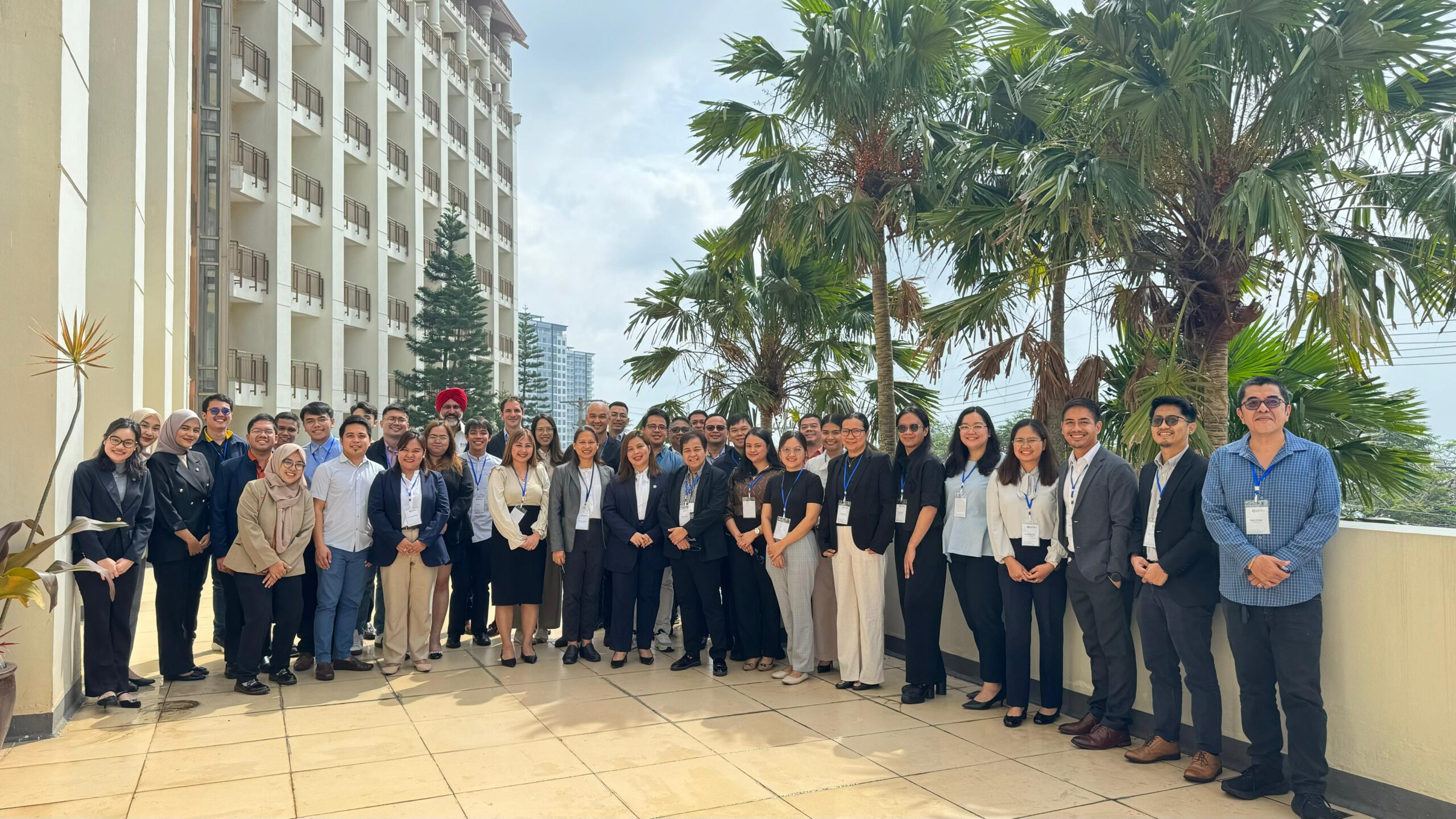
Photo 1. Group photo with the participants
The ASEAN Centre for Energy (ACE) with the support from by BIMP-EAGA-ROK Cooperation Fund (BKCF), organised the Bilateral Meeting on the Philippines’ Renewable Energy Certificates in Tagaytay, the Philippines, on 4-5 June 2024. The primary objective of this meeting is to identify the gaps between national Renewable Energy Certificate (REC) market practice and its neighbouring countries within BIMP-EAGA (Brunei Darussalam – Indonesia – Malaysia – Philippines) from the aspects of regulatory framework, institutional, coordination, and market design.
The meeting aims to build capacity in core principles of REC market design from international best practices, understanding the key REC market designs in BIMP countries to identify similarities and potential alignment, knowledge and opinion exchanges on opportunities and challenges of current REC market practice, identification of near-term action on improving current REC market design.
The discussion spanned over two days and encompassed six sessions. These sessions cover topics such as the regulatory framework and the current status of the REC market in the Philippines; understanding REC market designs, best practices in ASEAN countries and beyond; understanding REC market drivers in relation to Corporate Sustainability Reporting, and redefining REC market designs in the Philippines.
The program commenced with a heartfelt greeting from Madam Mylene C. Capongcol, the Assistant Secretary of the Department of Energy (DOE), the Philippines. Subsequently, Beni Suryadi, Head of the Sustainable and Renewable Energy (SRE) Department at ACE, highlighted the importance of deliberations on Renewable Energy Certificates with Philippines’ policymakers. He emphasised that the aim of this meeting is to improve market practices at the national level, thereby facilitating the adoption of sustainable energy within the Philippines and across ASEAN region.
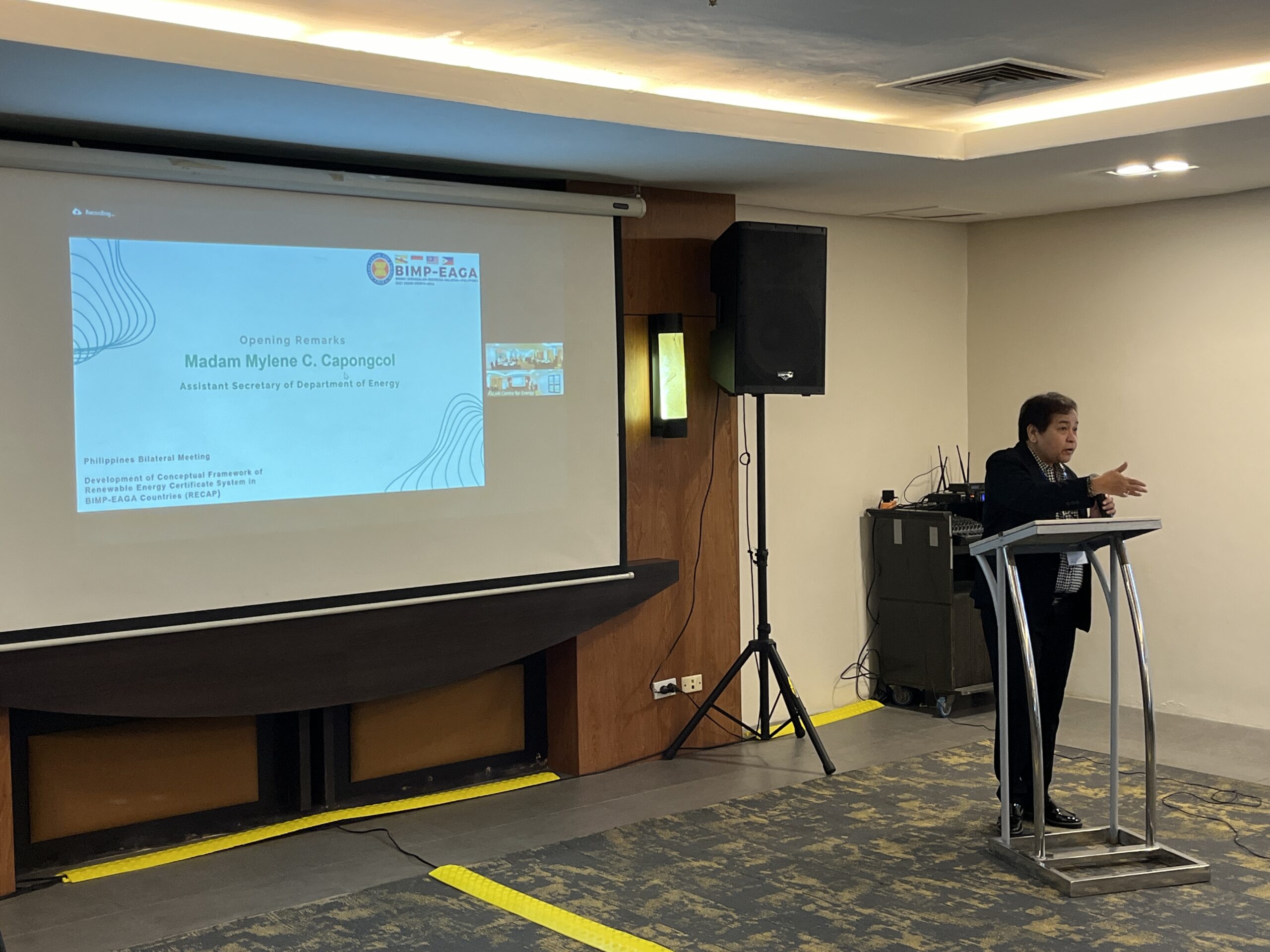
Photo 2. Opening Remarks by Madam Mylene C. Capongcol, the Assistant Secretary of the Philippines Department of Energy (DOE)
The initial session commenced with a briefing to the regulatory framework and status of the REC market in The Philippines. Veronica Ayu Pangestika, Associate Research Analyst of SRE at ACE, provided an update on the 2024 work plan for RECAP. Following this, Hershey Dela Cruz, Division Chief of Energy Cooperation and Coordination Division, Energy Policy and Planning Bureau at DOE, presented an overview of updates on the Philippines Energy Plan. Next, Liza V. Pangilinan, OIC-Division Chief of National Renewable Energy Board Technical Services Management Division, Renewable Energy Management Bureau at DOE offered insights into the understanding of the renewable energy market in the Philippines. The session concluded with Dece Marwill Falar, Market Development Senior Manager, Philippine Electricity Market Corporation (PEMC), discussing the Philippines’ RE Market System. Monika Merdekawati, Senior Research Analyst of SRE at ACE, not only moderated the session but also spearheaded the discussions.
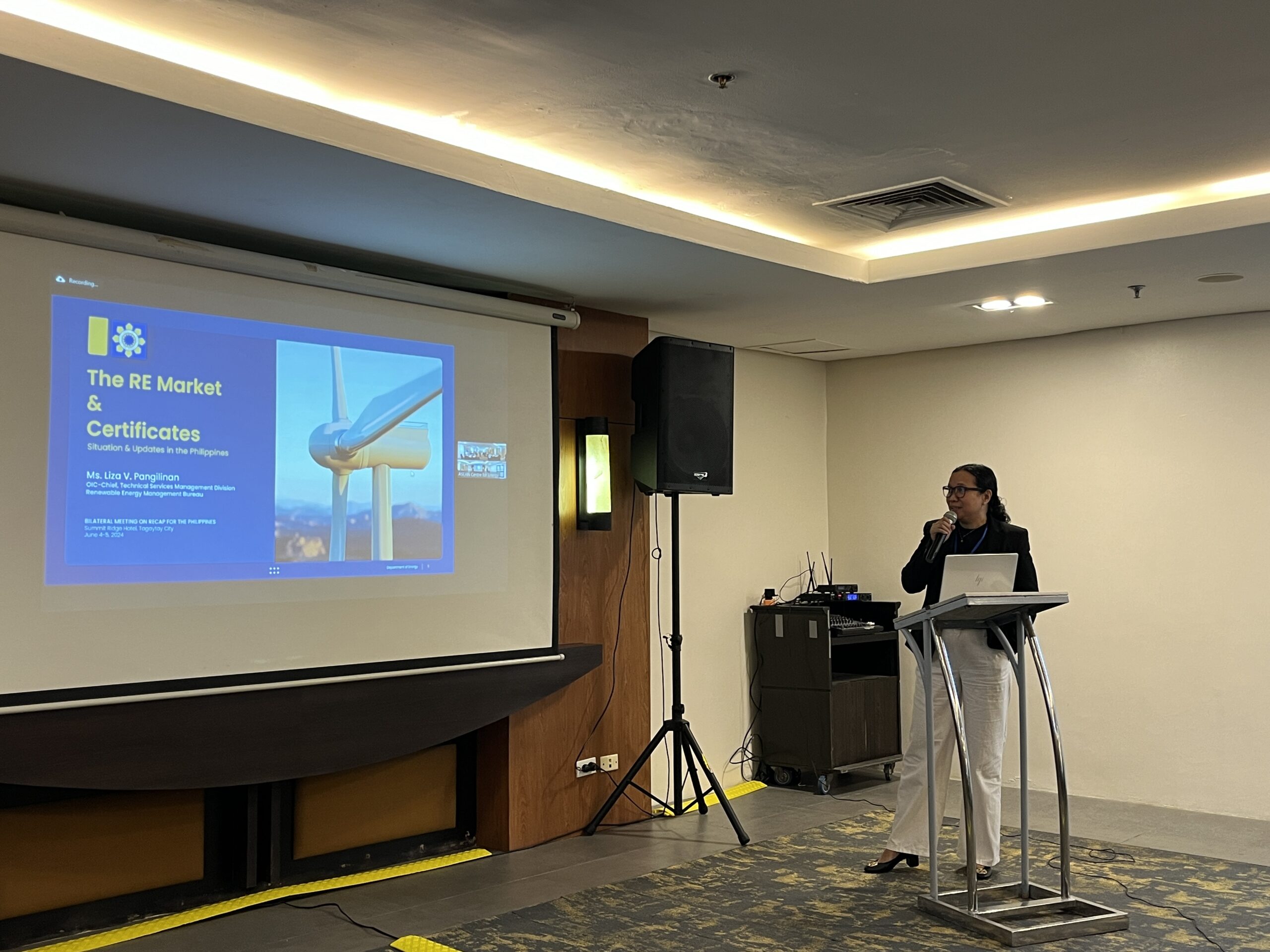
Photo 3. Presentation by Liza V. Pangilinan, OIC-Division Chief of National Renewable Energy Board Technical Services Management Division, Renewable Energy Management Bureau, DOE, Philippines
The following session is moderated by Muhammad Ilham Rizaldi, Research Analyst of SRE at ACE. The session opened with Barry Jones, Market and Sustainability Analyst at SuSca Group, who elucidated the various factors driving the demand for REC, including voluntary initiatives, compliance requirements, and both domestic and international influences. Following him, Roble P. Velasco-Rosenheim from the i-Track Standard Foundation and SuSca Group, delved into the interplay between RECs and the export-oriented economy, discussing cross-border trade, the Carbon Border Adjustment Mechanism (CBAM), and the collective bargaining power within ASEAN. The session progressed with an interactive discussion among all attendees, focusing on the intricacies of REC market structures and identifying best practices within ASEAN nations and beyond.
The conference’s second day opened with a focus on the REC market dynamics and their connection to corporate sustainability efforts. Barry Jones, Market and Sustainability Analyst at SuSca Group, delivered a talk on strategizing options and identifying opportunities for shaping the REC market in the Philippines, proceeded by a discourse from Ir. Nirinder Singh Johl, Founder and CEO of Asia Carbonx Change, who explored the various needs of national entities, utilities, and the private sector in crafting REC policies, particularly for the Philippines’ voluntary market. The day progressed with an engaging, classroom-style interactive session where participants were grouped by stakeholder category, leading to a targeted question-and-answer segment that concluded the session.
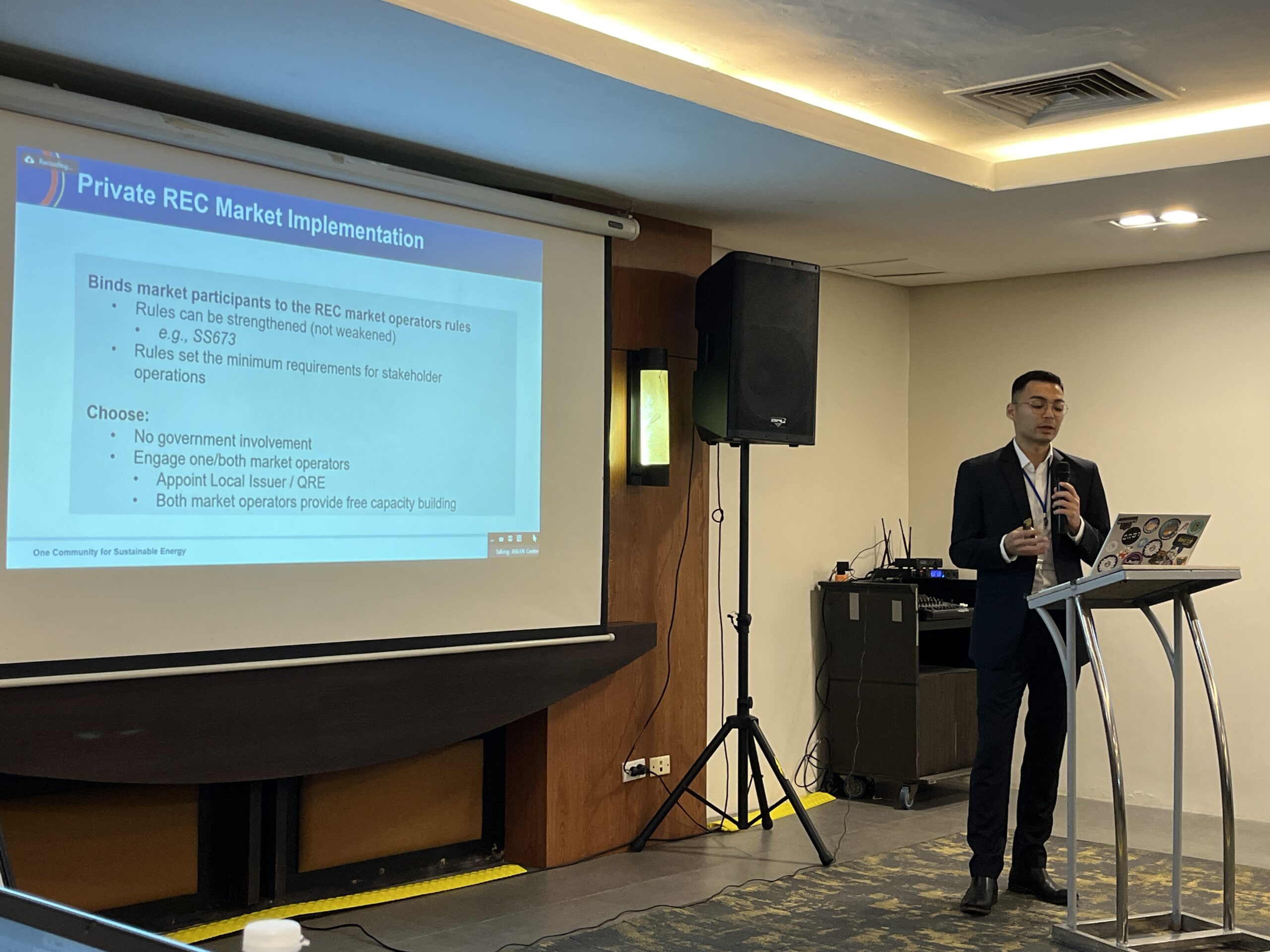
Photo 4. Presentation by Barry Jones, Market and Sustainability Analyst at SuSca Group
The following session led by Monika Merdekawati, Senior Research Analyst of SRE at ACE, was dedicated to re-evaluating REC market designs specific to Philippines. During this interactive segment, participants were involved in a hands-on mapping activity, utilising tables to delineate stakeholder roles and responsibilities via collaborative discussions. The focus remained steadfast on the REC market designs of Philippines. The discourse proved to be both enlightening and substantial, with every participant actively engaging and sharing their insights on the advantages and disadvantages. The session wrapped up with
Barry Jones, Market and Sustainability Analyst at SuSca Group, delivering a set of Design and Implementation Recommendations for the Philippines.
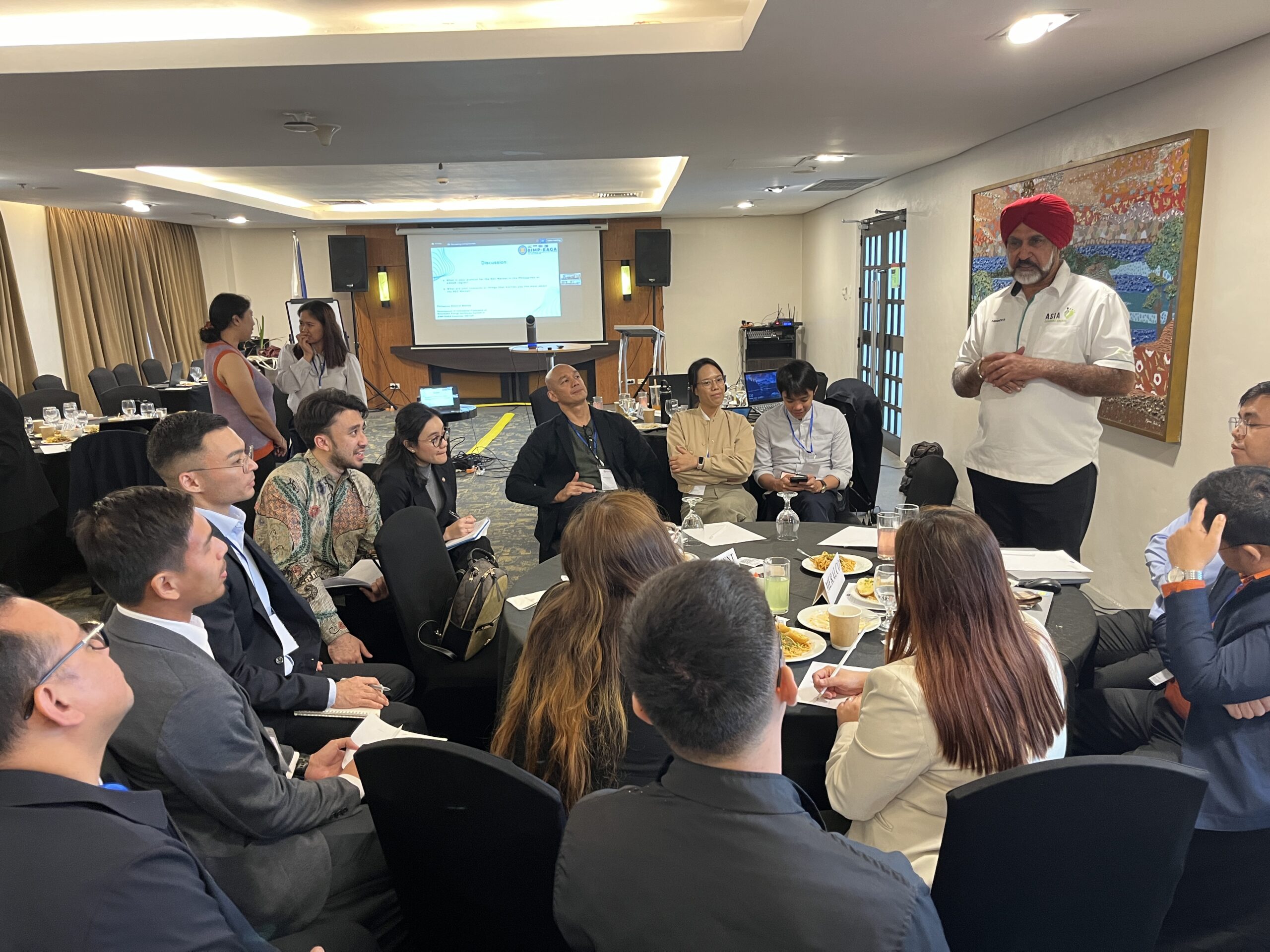
Photo 5. Discussion Session led by Ir. Nirinder Singh Johl, Founder and CEO of Asia Carbonx Change
As the bilateral meeting drew to a close, Beni Suryadi, Head of SRE at ACE, underscored the importance of national REC stakeholders dialogues in propelling the REC system’s progress both within the BIMP-EAGA region and across ASEAN. He emphasised the vital role of these collaborative discussions in harmonising regional energy strategies to fulfil our objectives. With a hopeful outlook, he expressed confidence that the Philippines would promote corporate investments in renewable energy, steering towards a greener future in line with international aspirations, which would be advantageous for the Philippines as well as the BIMP and ASEAN region.
